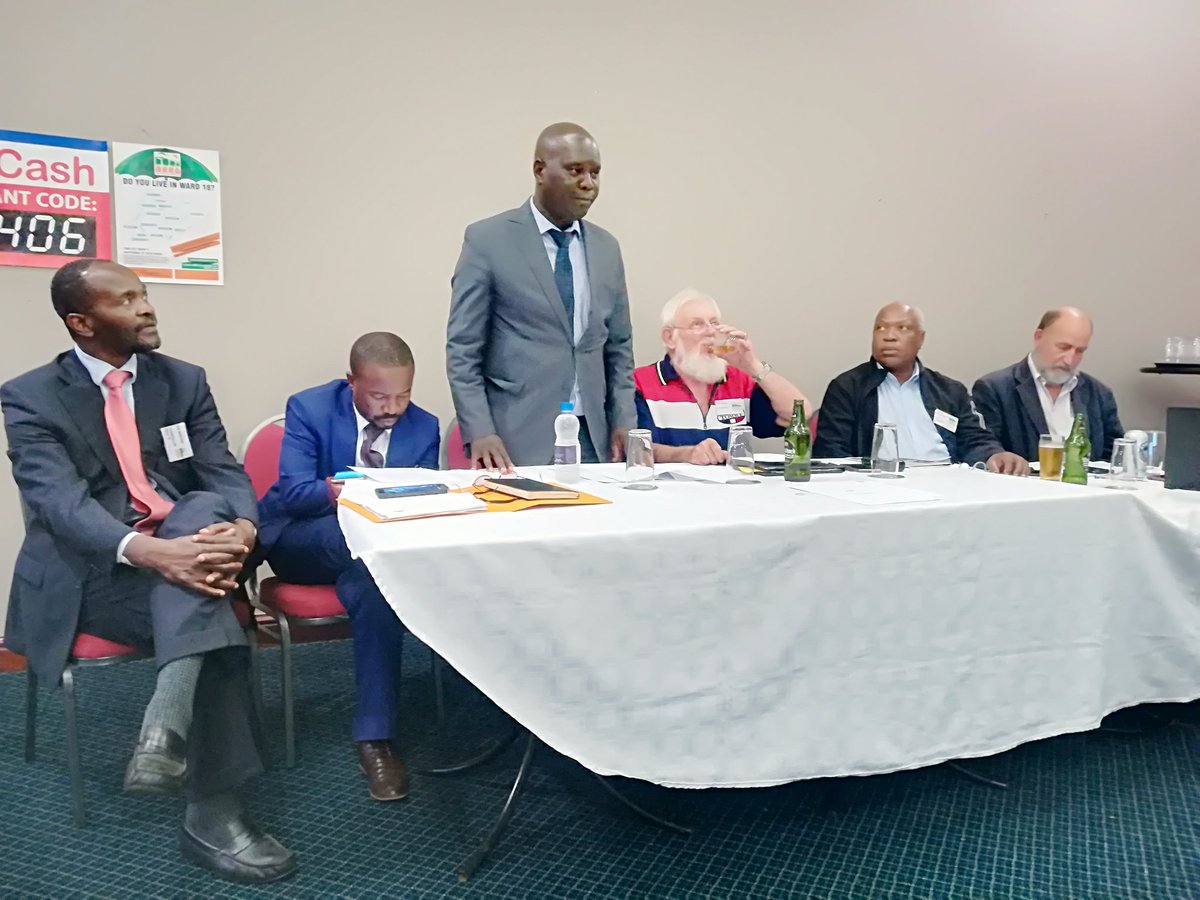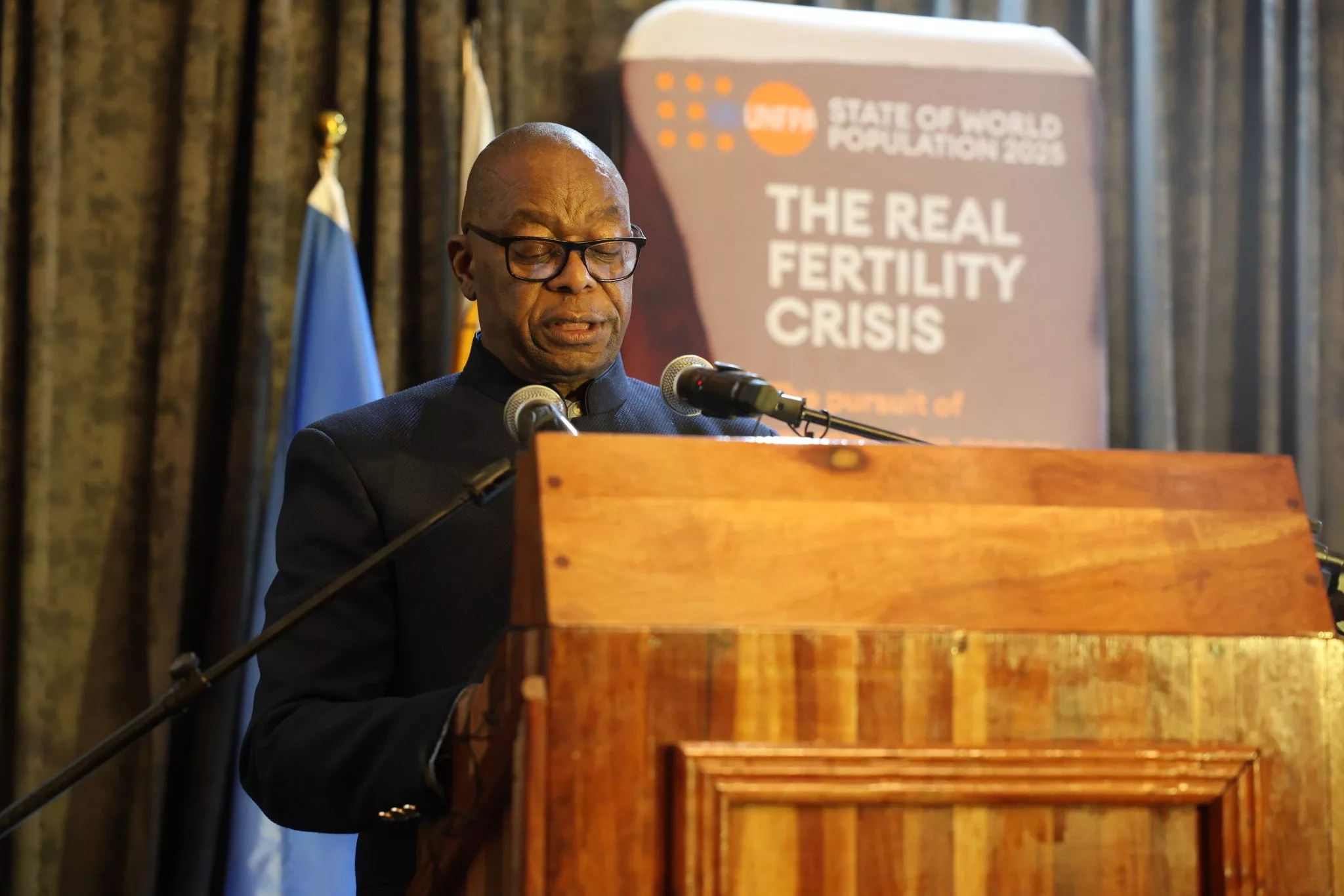Two farmers Allan Markham and Clever Rambanapasi aggrieved by the banning of private maize sales by the government have approached the High Court to contest the move.
Markham is a philanthropist who buys and sells maize in communities to support many charities.
“One of the works I do is to buy maize from farmers particularly communal farmers which I use to feed vulnerable communities particularly the urban poor in place like Hatcliffe, Highfield and Glenview,” he described his work in brief.
Rambanapasi is a Murehwa communal farmer who runs a small pig production and buys maize from rural communities in the same district.
Lands Minister, Perrance Shiri was cited as the first respondent as well as the Grain Marketing Board (GMB) as second.
On June 28, the Minister published new regulations requiring all maize to be sold to GMB in a move designed to control prices of the staple meal.
The Statutory Instrument 145 of 2019 also banned the transportation of more than five bags of maize except when making deliveries to the government-run GMB.
Police would be empowered to seize maize where breaches occur and individuals falling foul of the new legal requirements face up to two years in prison.
But the two in their court application said this was not fair.
“Once a product has been declared controlled, Section 30 makes it clear that no person shall remove a controlled product from the prescribed area and bring into a prescribed area any agricultural product or any product derived thereof when the prescribed area has become a controlled product without the permission of GMB” states the regulation.
Both the Act and the Regulations also make it clear that no one too can purchase a controlled product other than from GMB.
What this therefore means is that the minister has set up a monopoly and indeed a dangerous monopoly in respect of which anyone who trades in grain whether is a buyer or seller can only do so through the GMB and can only do so at a fixed price of ZWL1, 400.
The farmers claimed that the declaration essentially affects the contractual right of farmers and traders of buying grain from any party or individual.
According to the regulations, no person or statutory body or company or entity shall sell or otherwise dispose of any maize except to a contractor or to the Grain Marketing Board.
“No person who is not a producer of maize (farmer) or who is not a contractor shall sell maize to the GMB… No person or statutory body or entity shall buy or otherwise acquire any maize from any farmer or producer otherwise than through the GMB,” the regulations say.
The farmers argue this is not right.
“In rural communities where communal farmers produce subsistence maize, it means that it has serious effect on livelihoods. A peasant farmer in Muzarabani must theoretically travel miles away to a GMB depot. Equally his neighbour who is starving must travel miles to that GMB depot to buy grain because the two of them can’t simply exchange,” said the farmers.
They said further, in these communities, people do barter trade chickens or goats for maize, but this cannot happen now.
In their application filed with the upper court on Wednesday, the two said the declaration influences due process rights protected under Section 56 of the constitution of Zimbabwe.
Markham and Rambanapasi said the declaration has the effect of depriving one of his properties and appropriating the same to the GMB at a price that is already fixed.
They said the constitution protects the right to freedom of profession and trade or occupation.
Farmers said: “An individual has a right to contract with any person or any individual. The regulations affect the right of freedom of association. An individual cannot be forced to associate with the GMB only. One should have a right to choose whom he associates with in a marketing relationship. The regulations impinge on this right”.
The case is pending.
Source: IPP Media






